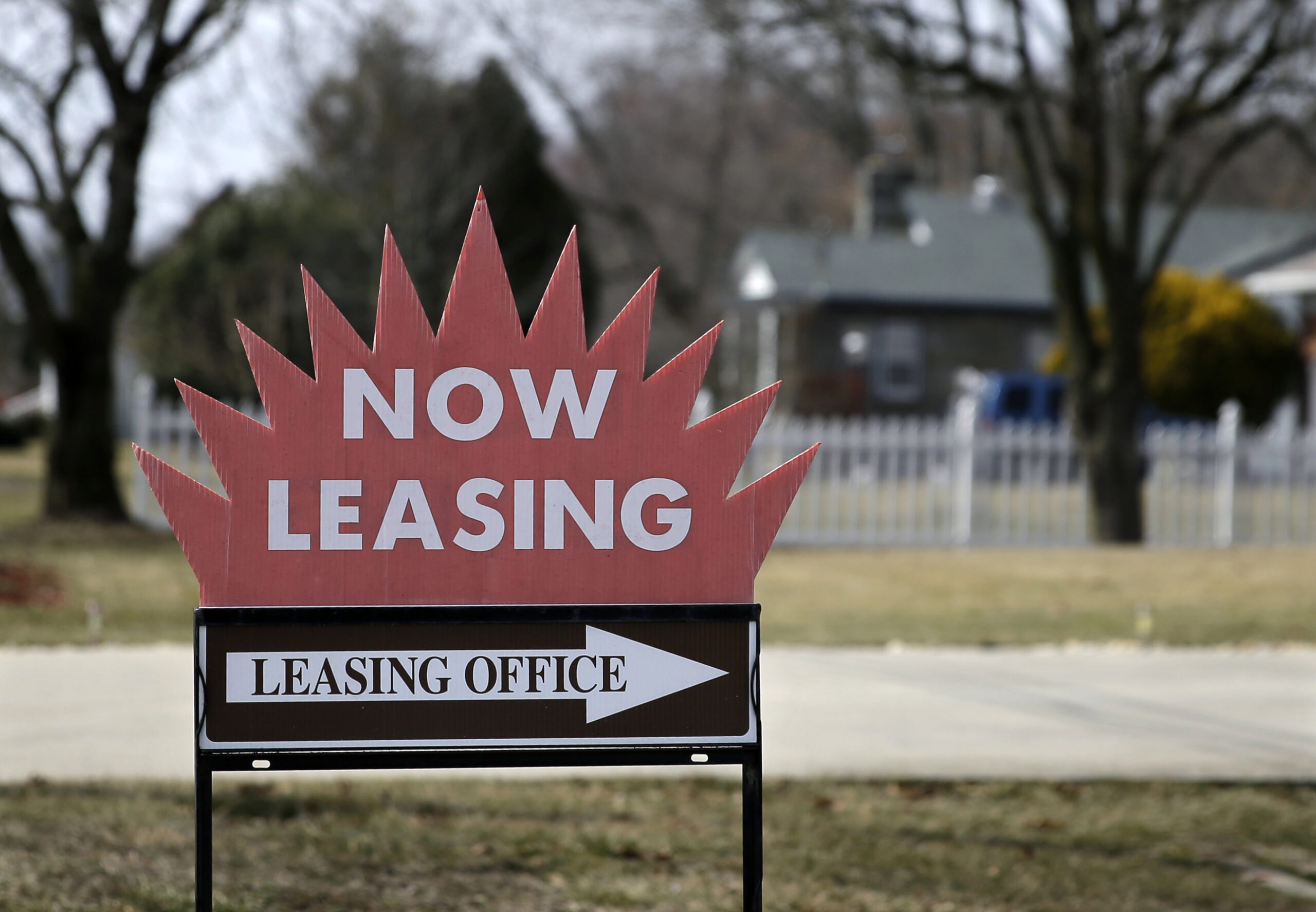Real estate investors filter into a hotel conference room, just north of Atlanta. They pass by different display tables for vendors offering construction services and property insurance.
At the end is one for Atlanta’s low income housing agency. Rashel Teal and Karen Young stand next to a sign with the words “What’s in it for me?” and greet the investors.
“The reason why we’re here is to speak to property owners about the benefits of doing business with us,” Teal explained to one.
The two members of the Atlanta Housing Authority’s marketing team are looking for buy in to Section 8.
The federal program helps people pay their rent. But in Atlanta, it can be hard to find landlords who accept Section 8 vouchers.
So now the housing authority is trying to appeal to property owners’ bottom line.
“If you have rental property within the city of Atlanta, one of the main benefits is that you would earn consistent rental income from us,” Teal said in her pitch.
She and her colleague, Young, have more incentives to share.
They talk about a signing bonus for landlords and a new program that will cover up to $2,000 in excessive property damages.
Young said the perks are designed to overcome any stigma associated with working with a government agency or simply renting to low-income tenants.
“It can be a challenge so we have to make sure that we’re speaking the investors’ language and help them to understand the dollars and cents of it,” Young said.
Getting landlords to take Section 8 is a challenge nationally, according to Mary Cunningham, who has studied the topic at the Urban Institute.
“Landlord participation has always been an issue for the voucher program because it relies on that private market participation,” Cunningham said.
She and her team of researchers recently tested landlords’ willingness to accept vouchers in five different cities. In three of them, denial rates hovered around 70 percent.
Cunningham said sweetening the deal for landlords, as Atlanta’s housing authority is aiming to do, is one policy response.
But she said cities can also pass laws that make it illegal to reject Section 8. Washington D.C. and San Francisco have rules preventing discrimination based on source of income.
“I think we probably need a mix of both, a carrot and a stick,” Cunningham said.
For one landlord at the real estate event, Alan Johnson, the carrot is enough. He admits he used to have a negative view of Section 8 tenants.
“The rumor or the stereotype is, ‘Oh, they’ll tear your houses up,’” Johnson said.
But recently a friend told him about the upsides and he began to think differently. What really persuaded was the dependable rent.
Now that he knows about the program to pay for property damages, he said he’s only more inclined to give Section 8 a try.
“That just pretty much puts the cherry on top,” Johnson said.









